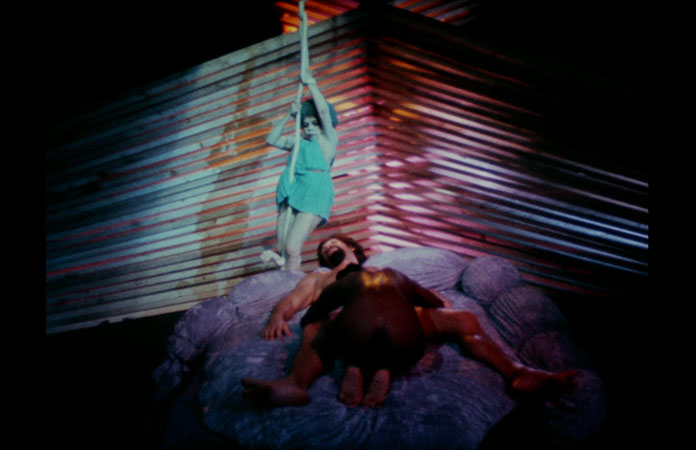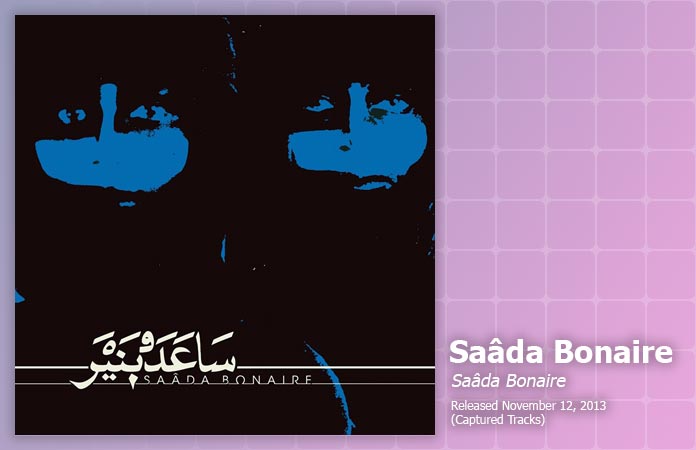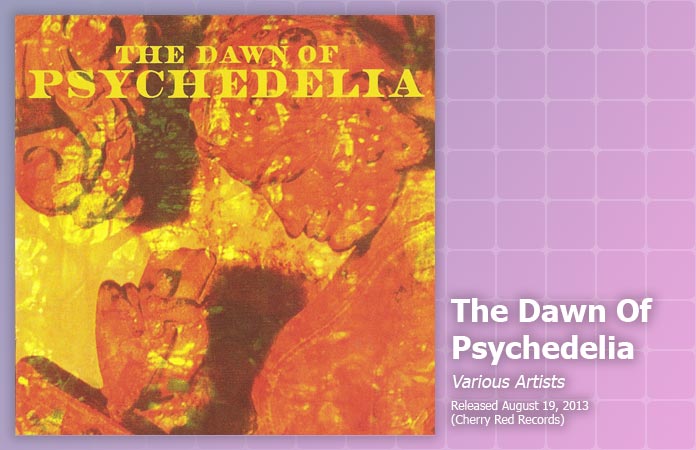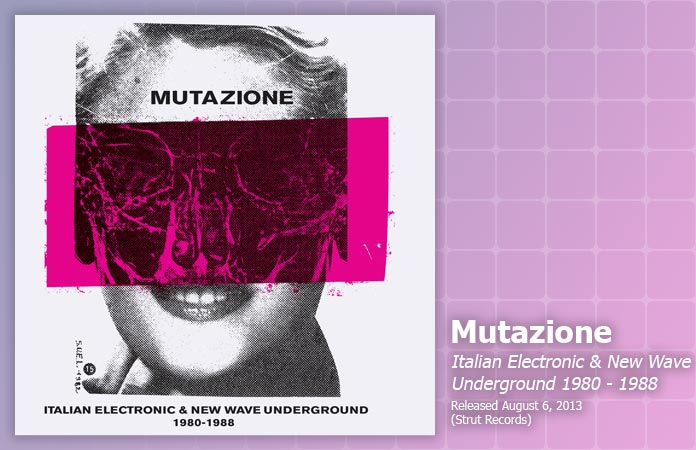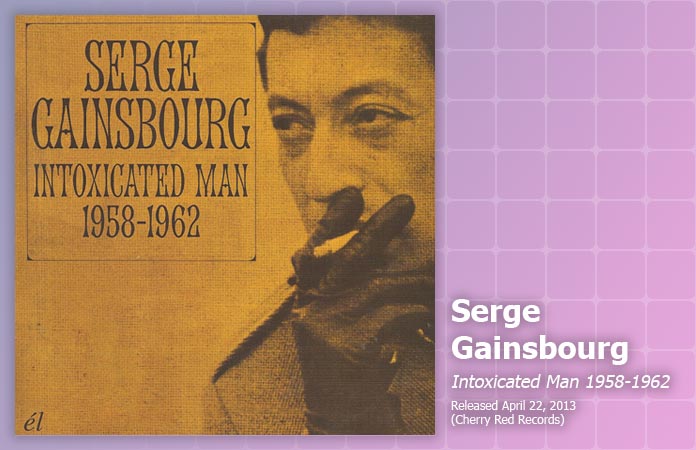Never Get Off the Boat: X Goes to Las Vegas, Part One
Published on June 6th, 2014 in: Culture Shock |My name is X. I write all the time. I don’t get out much. So when I got the opportunity to go to Las Vegas, I jumped on it, hoping to have a good time and gain some new experiences.
Well, what happens in Vegas can stay in Vegas for all I care. (more…)
DVD Review: Wakefield Poole’s Bible!
Published on February 7th, 2014 in: Art, Culture Shock, Current Faves, DVD, DVD/Blu-Ray Reviews, Movie Reviews, Movies, Retrovirus, Reviews, Teh Sex |When we see the rating X or XXX, what is the first thing that comes to mind? Hardcore porn? Or a film that has so much sexual content that it isn’t fit for an R rating? Sometimes neither of these things can be the case. Back in the 1960s and ’70s films that had sexual content were rated X because in that day and age it was considered too much. Those films are nothing compared to what we have today between porn and R-rated films that are deemed “extreme.”
Vinegar Syndrome is probably a name that you aren’t familiar with yet, but take note because these guys are true fans of vintage/art cinema. I was fortunate enough to watch one of their reissues, an X-rated film from 1974 called Bible! directed by Wakefield Poole. Just looking at the synopsis or reading about it you might think it’s a hardcore porno or maybe a sexplotation film. I’m here to tell you that it’s neither.
DVD Review: Bronies: The Extremely Unexpected Adult Fans of My Little Pony
Published on January 17th, 2014 in: Culture Shock, Current Faves, DVD, DVD/Blu-Ray Reviews, Movie Reviews, Movies, Reviews |Your average person may not know what a Brony is and neither did I until I stumbled upon this documentary. Bronies: The Extremely Unexpected Adult Fans of My Little Pony sought out male fans of the cartoon and followed them to the BronyCon convention.
At first Bronies seems like it might exploit these people and show the “weird” side of them. However, it doesn’t and actually dives into a little of the psychology side of things, going against what most people think of these Bronies. Don’t go into thinking you’re going to go into the house of some weird old dude who dresses up as a pony and prances around.
Blu-Ray Review: The Act Of Killing
Published on January 10th, 2014 in: Blu-Ray, Culture Shock, Current Faves, Documentaries, DVD/Blu-Ray Reviews, Movie Reviews, Movies, Reviews |I really wouldn’t even consider this a review; I consider this a plea for people to watch a recently released documentary called The Act Of Killing. It’s been on many Top 10 lists this year and when I first heard the buzz about it, I was expecting to see something else. I’m not sure what that was, but in my mind I was expecting something not so gut-wrenching.
Music Review: Saâda Bonaire, Saâda Bonaire
Published on November 30th, 2013 in: Culture Shock, Current Faves, Feminism, Music, Music Reviews, Retrovirus, Reviews |There’s a lot to be said about the decidedly bizarre time capsule that is Saâda Bonaire. They weren’t so much a band as an experiment, but one that definitely pays off.
In 1982, Bremen DJ Ralf Behrendt, a.k.a. Ralf von Richthofen, embarked on a musical project that he hoped would replicate something akin to the influence Caribbean and Indian music was having on British pop. Behrendt had an exposure to and fascination with Turkish music due to his work in the German government’s immigration department. He enlisted local Turkish and Kurdish musicians, as well as his then-girlfriend Stephanie Lange and her friend Claudia Hossfeld (who both wrote the songs), to create Saâda Bonaire.
Thirteen tracks were recorded for EMI in Kraftwerk’s Studio N with producer Dennis Bovell, including “You Could Be More As You Are” as the intended single. But then, it all hit a snag.
Music Review: Various Artists, It’s A Scream How Levine Does The Rhumba: The Latin-Jewish Musical Story 1940s-1980s
Published on November 26th, 2013 in: Culture Shock, Current Faves, Music, Music Reviews, New Music Tuesday, Retrovirus, Reviews |The Idelsohn Society For Musical Preservation has an important mission: to look at Jewish history and the Jewish experience through recorded sound. Their motto: History sounds different when you know where to start listening. With their two CD set It’s A Scream How Levine Does The Rhumba: The Latin-Jewish Musical Story 1940s-1980s, they have created an important document that explores the connection between Jewish and Latin music. With vast liner notes, essays, archival photos and ephemera, it is a fascinating compilation.
It’s A Scream How Levine Does The Rhumba is surprisingly varied despite its narrow scope. There are Latin artists doing Jewish songs and Jewish artists embracing Latin beats. There are novelty songs from the early 20th century, disco beats, straight-up funk, and blazing salsa tunes.
Music Review: Various Artists, The Dawn Of Psychedelia
Published on October 24th, 2013 in: Culture Shock, Current Faves, Music, Music Reviews, Retrovirus, Reviews |After listening to Cherry Red Records’ vast two-CD set The Dawn Of Psychedelia, I feel that I can say without a doubt that the humble flute launched the psychedelic revolution. Or possibly the sitar. Or a combination of both.
The Dawn Of Psychedelia attempts to trace back the origins of the Aquarian Age that defined the music of the ’60s. Sometimes, it hits the nail on the head. Other times, it sounds a bit like filler.
Old Italian Horror Movies? Yes, Please!
Published on October 22nd, 2013 in: Culture Shock, Halloween, Horror, Listicles, Movies, Top Five Lists |Halloween is coming. You will watch horror movies. You will do so for reasons you yourself do not comprehend. You will do so because the leaves have turned colors. You will do so because fear is now a corporate commodity. You will do so because it is what society demands.
This year, make a small stand. Put some effort into your scary movie watching. Do not pretend an unkillable man-child in a hockey mask is scary. Do not act like slow zombies are a threat to you in any way. Seek out something new, even if it is a few years old.
This year, go Italian.
The great New Wave of Italian Horror has been over for a while, but that doesn’t mean there aren’t some great movies in there that a lot of people haven’t seen. Here are some I think you’ll enjoy, because I personally know you so well and have all of your best interests in mind.
(more…)
Music Review: Various Artists, Mutazione: Italian Electronic & New Wave Underground 1980 – 1988
Published on August 31st, 2013 in: Culture Shock, Current Faves, Music, Music Reviews, Retrovirus, Reviews, Underground/Cult |For those of us who still listen to much of the same post-punk music we listened to in the ’80s, discovering new bands from that time is as exciting as hearing those new bands who are obviously influenced by those same sounds. The recent release of Mutazione by Strut Records is cause for celebration. Mutazione is a fabulous, two-disc compilation with 26 tracks of Italian post-punk music from 1980 – 1988. The arrangement of the songs is superb, like an excellent mixtape made by a music-savvy friend. For that we can thank Alessio Natalizia of Walls, who curated the collection.
Music Review: Serge Gainsbourg, Intoxicated Man 1958 – 1962
Published on August 15th, 2013 in: Culture Shock, Current Faves, Music, Music Reviews, Retrovirus, Reviews |Serge Gainsbourg was a provocateur. That cannot be disputed. He wrote songs about subjects that raised the eyebrows of the world (Incest? Check. Sodomy? Check. Cigarettes? Heaven forefend, but check) and courted notoriety. Still, the man was a poet and a great wit.
Intoxicated Man 1958-1962 is a tantalizing glimpse into the origins of Serge Gainsbourg. A vast collection (66 tracks), it illuminates his early career as a chanteur, singing story-driven songs. Full disclosure: I know only the most rudimentary French. I could pick out the occasional word I understood (like window and love— he sings quite a bit about windows), so I missed some of the nuances of lyrics. It was a challenge.

